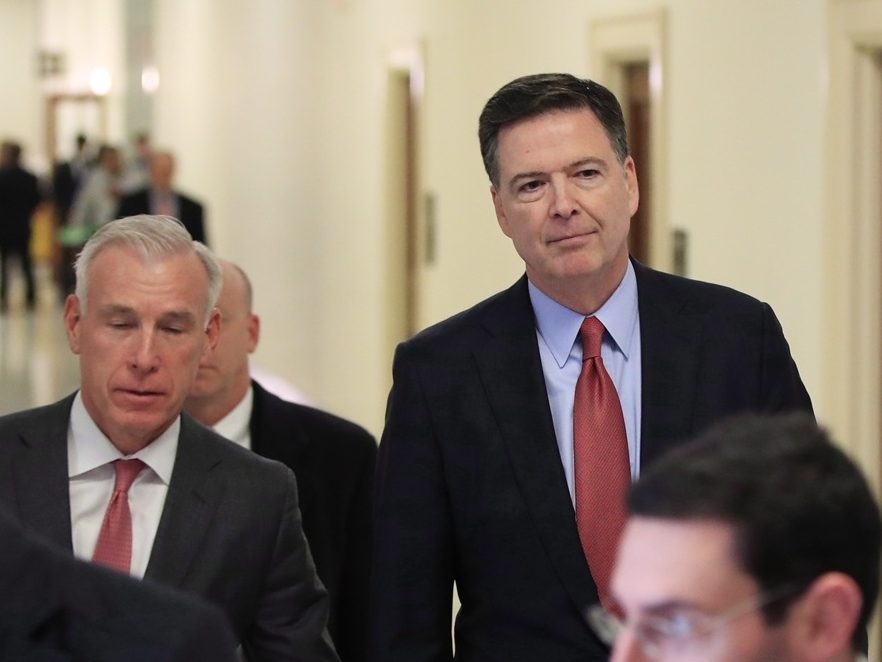A stunning legal reversal unfolded Monday as a federal judge ordered the dismissal of criminal charges against former FBI Director James Comey and New York Attorney General Letitia James. The core of the decision? The judge found the interim U.S. attorney who brought the indictments, Lindsey Halligan, was unlawfully appointed to her position.
Judge Cameron Currie’s rulings represent a major win for both Comey and James, who had vehemently argued their prosecutions were politically motivated – a direct result of former President Donald Trump’s desire to punish perceived enemies. The accusations of vindictiveness now carry significant weight with this legal development.
While the indictments were dismissed, the story isn’t necessarily over. The Justice Department is widely expected to appeal the judge’s decisions, seeking to reinstate the charges. However, a critical detail emerged: the statute of limitations has expired for the offenses alleged against Comey, potentially preventing any future prosecution in his case.

The judge’s opinion was unequivocal. She stated that all actions stemming from Halligan’s flawed appointment – including the signing of Comey’s indictment – were unlawful exercises of power and had to be nullified. This isn’t simply a procedural issue; it strikes at the heart of the legitimacy of the prosecutions.
Beyond the appointment issue, legal teams for both Comey and James are pursuing additional avenues to have the indictments permanently dismissed. They argue the prosecutions were selective and vindictive, further bolstering claims of political interference. A ruling on these arguments in Comey’s case is still pending.
Letitia James, visibly relieved, expressed gratitude for the support she received and reaffirmed her commitment to serving the people of New York. She characterized the charges as “baseless” and vowed to remain “fearless” in her duties.
James Comey, in a video statement, delivered a stark warning. He emphasized the critical message that a president cannot weaponize the Department of Justice against political opponents. He described the prosecution against him as fueled by “malevolence and incompetence,” lamenting the state of the department under Trump’s leadership.
The judge’s findings centered on violations of both a federal law governing U.S. attorney vacancies – Section 546 – and the Constitution’s Appointments Clause. The ruling determined Halligan had been unlawfully serving in the interim role since September 22nd, a crucial timeline considering Comey’s indictment on September 25th and James’s charge on October 9th.
Halligan’s background adds another layer to the controversy. A former insurance lawyer, she previously served on Donald Trump’s defense team during a criminal case brought by Special Counsel Jack Smith. Her swift appointment and subsequent pursuit of indictments against prominent Trump critics raised immediate questions about impartiality.
This case isn’t just about two individuals; it’s a powerful statement about the boundaries of presidential power and the integrity of the justice system. The legal battles may continue, but the initial ruling has cast a long shadow over the motivations behind these prosecutions and the process by which they were pursued.





